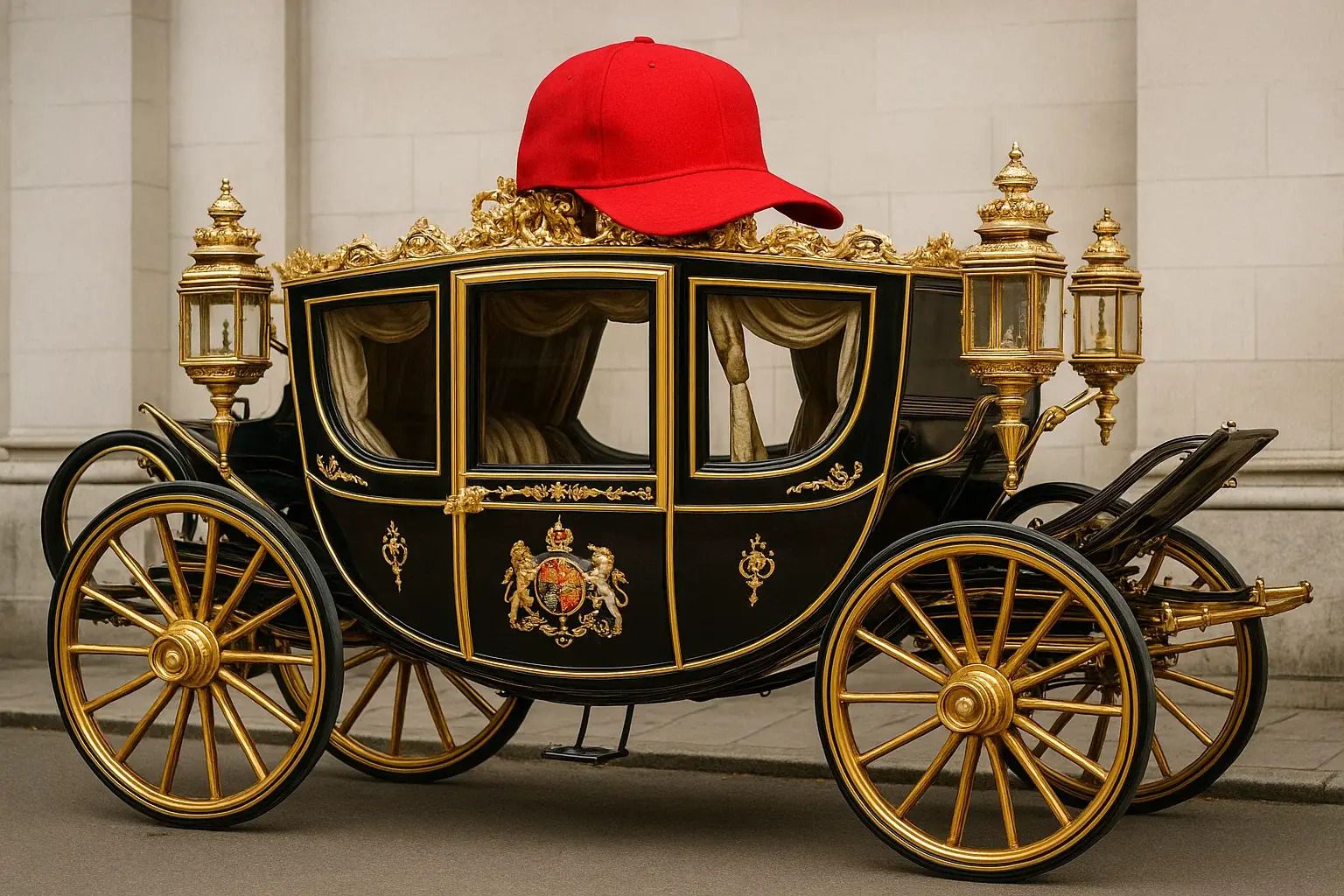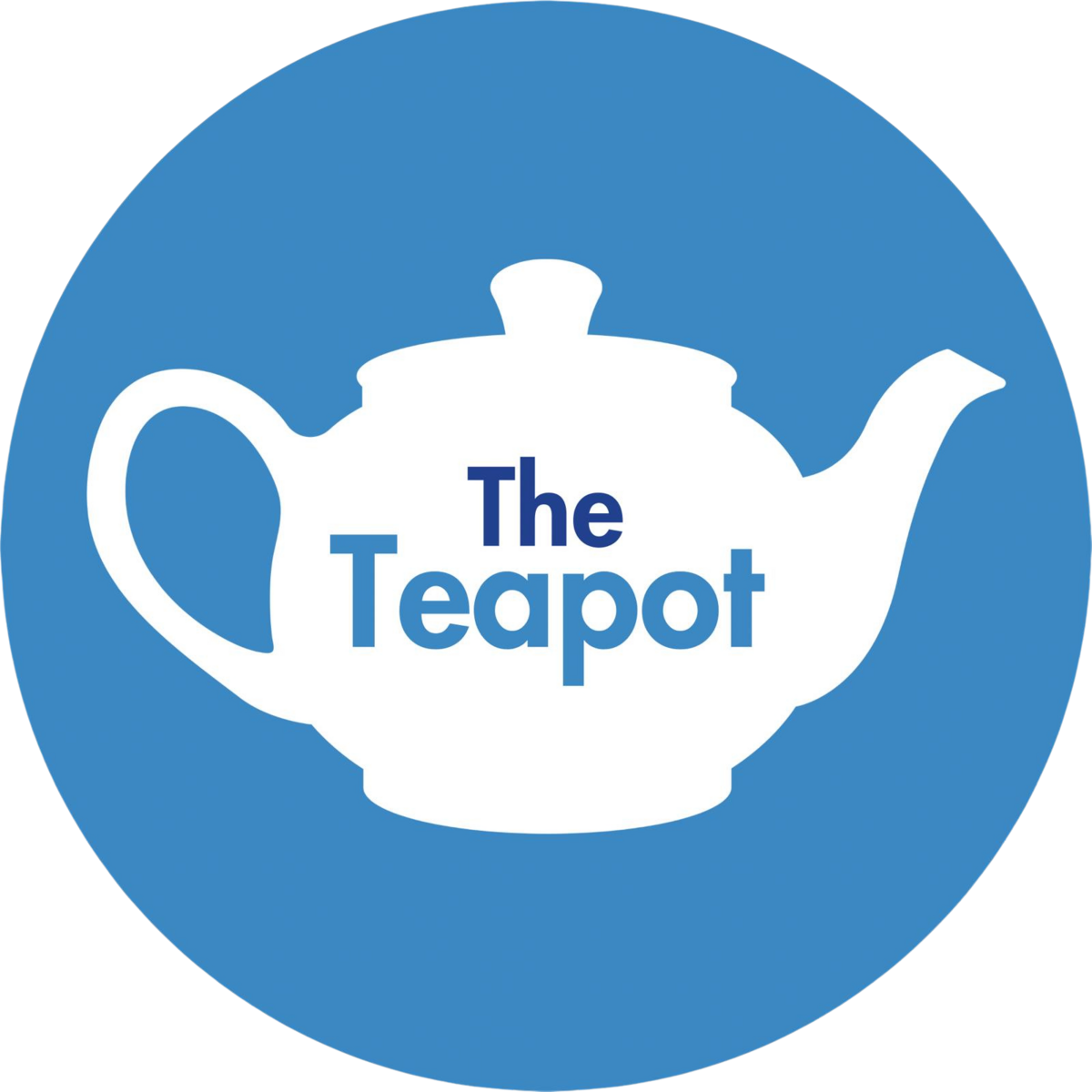Happy Monday. Scottish grit to start the week today, world records courtesy of the Macleans.
Three Maclean brothers from Scotland have just rowed their way into the history books, setting a new world record for the fastest unsupported crossing of the Pacific Ocean. After 139 gruelling days at sea, storms, and near-disaster, they pulled ashore in Australia – not only as record-breakers, but as fundraisers, bringing in over £700,000 for clean water projects. True British determination, powered by salt, sweat and sibling spirit..
MARKETS
| FTSE 100 | £9,283.29 | +0.67% |
| FTSE 250 | £21,625.40 | -0.27% |
| GBP/EUR | €1.1556 | +0.31% |
| GBP/USD | $1.3557 | +0.48% |
| S&P 500 | $6,584.29 | +1.37% |
Data: Google Finance, 5-day Market Close
Notable UK earnings this week: Next (NXT), Trustpilot (TRST), Kier Group (KIE), Craneware (CRW).
Notable US earnings this week: Fedex (FDX), Ferguson Enterprises (FERG), Lennar Corp (LEN), Dave & Buster’s (PLAY).
📈📉
PROJECT WATCH
🛫 Teeside £2bn sustainable jet fuel plant comfirmed. Read more
🏊 McAlpine to construct Manchester Therme resort. Read more
🌊 Govt funding secured for floating hydrogen hubs. Read more
BUSINESS & FINANCE
Economic growth flatlines in July
The UK economy has, quite literally, ground to a halt, with official figures confirming zero growth in July. That’s right – nada. Zilch. Not even a shrug of productivity. Following a half-decent 0.4% uptick in June and a stumble of -0.1% in May, the Office for National Statistics (ONS) now says the country’s output over the last three months is more sluggish than a commuter train on strike. Not a great omen as we crawl into autumn, which, for the economy, is starting to sound more like a financial fall.
The culprits? A manufacturing sector that’s been caught napping, dragging down modest gains in construction and services. Health, tech and office admin held it together – the unsung heroes making sure your hospital appointment system doesn’t crash while your Wi-Fi resets mid-Zoom. But across the board, factories are wheezing harder than a pensioner in a spin class, thanks to weak global demand and – surprise – yet another round of geopolitical tug of war, this time in the form of a US trade spat.
Lloyds set to buy Curve (for less than has been invested in Curve.. whoops!)
When Lloyds isn’t busy printing bank cards or chasing online scammers through its call centres, it seems to be doing the next best thing: shopping. Britain's biggest high street bank is reportedly closing in on a £120m deal to snap up Curve – the fintech darling once tipped to be the next big thing in digital payments. In short - a single payment card where you choose which actual card/account the cash is to come from (apparently that’s what everybody needs?).
Founded in 2016 by ex-Israeli special forces soldier Shachar Bialick (because fintech startups apparently now require military credentials), Curve shot to fame with bold claims of unicorn destiny. At one point, Bialick was confidently chatting about a $60bn valuation - today’s mooted £120m price tag might feel a touch... humbling. Imagine getting on a unicorn and realising it’s just a confused donkey in glitter boots.
Let’s not forget: Curve raised more than £200m in funding over the years, including from Britannia and Paul Allen’s estate (yes, that Microsoft Paul Allen). So getting sold for less than it raised might stick in the throats of earlier backers. But it’s 2025 - delusions of grand IPOs are so 2020.
POLITICS

Hounds & human choices
Scotland’s set to unleash a ban on greyhound racing, with MSPs backing a bill to end what campaigners call cruelty disguised as sport. Only one track in Scotland was still operating before closing in March, yet the symbolic move puts Scotland in step with Wales and New Zealand.
Meanwhile, Westminster’s Lords are locked in a far weightier race - the Assisted Dying Bill. Supporters hail it as compassionate autonomy; critics like Theresa May warn it’s a “licence to kill” that risks pressuring the vulnerable.
Borders, boats & blue horizons
Deportation flights under the new Franco-British “one in, one out” returns scheme are set to take off this week, sending asylum seekers back across the Channel while welcoming others in their place
From across the sea to under it, the government’s charting a grander course, introducing landmark legislation to protect two-thirds of the world’s oceans under the High Seas Treaty.
ACROSS THE POND
Here’s Donny
This week, King Charles III pulls out the gilt-edged red carpet for Donald Trump’s second royal rendezvous, giving the White House veteran a welcome fit for... well, someone who really likes tiaras. The UK will be hoping for stiff upper lips, Rule Britannia, and just enough bunting to paper over any awkward political gaps.
The royal blitz is less about policy and more about performance. There’ll be a banquet brimming with Old World charm and Chateau Windsor (aka top-tier schmoozing), where Sir Keir Starmer hopes the regal razzle-dazzle softens Trump on sticky topics like Ukraine and tariffs — because nothing screams “please back off on trade wars” like five different wine glasses and a speech ghostwritten with diplomatic spreadsheets.
US and China talk trade in Madrid
In Madrid, U.S. and Chinese officials are doing their seasonal tango over trade — again. Treasury and trade officials from the world’s two leading economic frienemies met for the fourth time in four months, clearly riding the world’s most awkward long-distance relationship.
This time round, top of the agenda was TikTok — because obviously nothing says international diplomacy like viral lip-sync content. ByteDance, the embattled Chinese parent company of TikTok, is teetering on the edge of a U.S. shutdown deadline (again) unless it sells its American arm by September 17. There probably won’t be a deal, but don’t worry — another deadline extension is more than likely. Trump, freshly back on the TikTok train himself (yes, really), seems keener on delaying than divesting.
Behind the TikTok drama is a larger geopolitical soap opera: the U.S. is pushing allies to slap tariffs on Chinese goods, especially given Beijing’s continued shopping sprees for discounted Russian oil. Washington wants to make China pay, literally, while also sorting out rare-earth minerals and fentanyl-related trade. Yes, that’s the actual plotline — filters, fuel, and opioids.
TECH

Martian marks & ministerial machines
This week the cosmos gave us polka-dotted proof that Mars may once have been home to microbes in leopard-print couture. NASA’s Perseverance rover spotted “leopard spots” on rocks, with mineral signatures that on Earth usually scream “life was here!” It’s not exactly a Martian monster mash invitation, but it edges us closer to the idea that Earth’s not the only planet that’s dabbled in biology.
Down on Earth, Albania unveiled its own experiment in non-human leadership: Diella, an AI “minister” tasked with tackling corruption. Dressed digitally in a traditional folk costume, she’s meant to clean up the murky business of public tenders.
Cassette comebacks & corporate cloud control
Over in China, researchers have created a “DNA cassette tape”. The new tech can store 36 petabytes, the equivalent of 25 trillion floppy disks, on 100 metres of tape - enough to fit every song ever recorded. Sadly, shove it in a Walkman and you’ll get silence; it’s all about storage.
Microsoft and OpenAI have been re-spooling their partnership deal. OpenAI wants to shed its shackles and move into a more conventional, profit-seeking structure, while Microsoft’s keen to keep its hand in the cloud jar.
WORLD

Couples, coups, courts
In Hong Kong, legislators rejected a bill that would have granted same-sex couples the right to hospital visits and medical decisions.
Over in Nepal, democracy was set alight. After a ban on social media, Gen Z–led protests stormed the Singha Durbar palace, torching parliament and forcing PM Oli to resign. Enter Sushila Karki, a former Supreme Court chief justice and Nepal’s first female prime minister, who inherits a smouldering mess of deadlocked politics and scorched buildings. Eight major parties now demand parliament’s reinstatement, accusing the president of unconstitutional overreach.
In Brazil, Jair Bolsonaro has swapped presidential palaces for the prospect of prison cells. The ex-leader was sentenced to 27 years for plotting a coup after his 2022 defeat - the first Brazilian president to be jailed for such a crime. Still under house arrest, Bolsonaro vows to appeal.
Surveillance and silver cupped centenarians
In the Solomon Islands, China has exported its Mao-era “Fengqiao” model of community surveillance - fingerprints, palm prints, and drones disguised as playthings - to villages near Honiara. Officials call it grassroots governance, but critics see an authoritarian grid creeping across the Pacific.
In Japan, records are being broken; nearly 100,000 centenarians now grace the archipelago, 88% of them women. Shigeko Kagawa, 114, remains the queen of candles, while group exercises and fish suppers keep the nation’s elders spry. Fittingly, this Monday is Elderly Day, a national holiday where silver cups are handed out to the newly minted centenarians.





